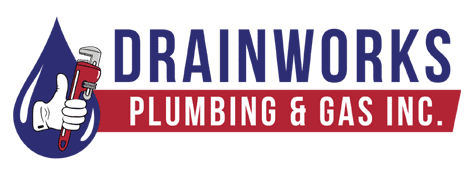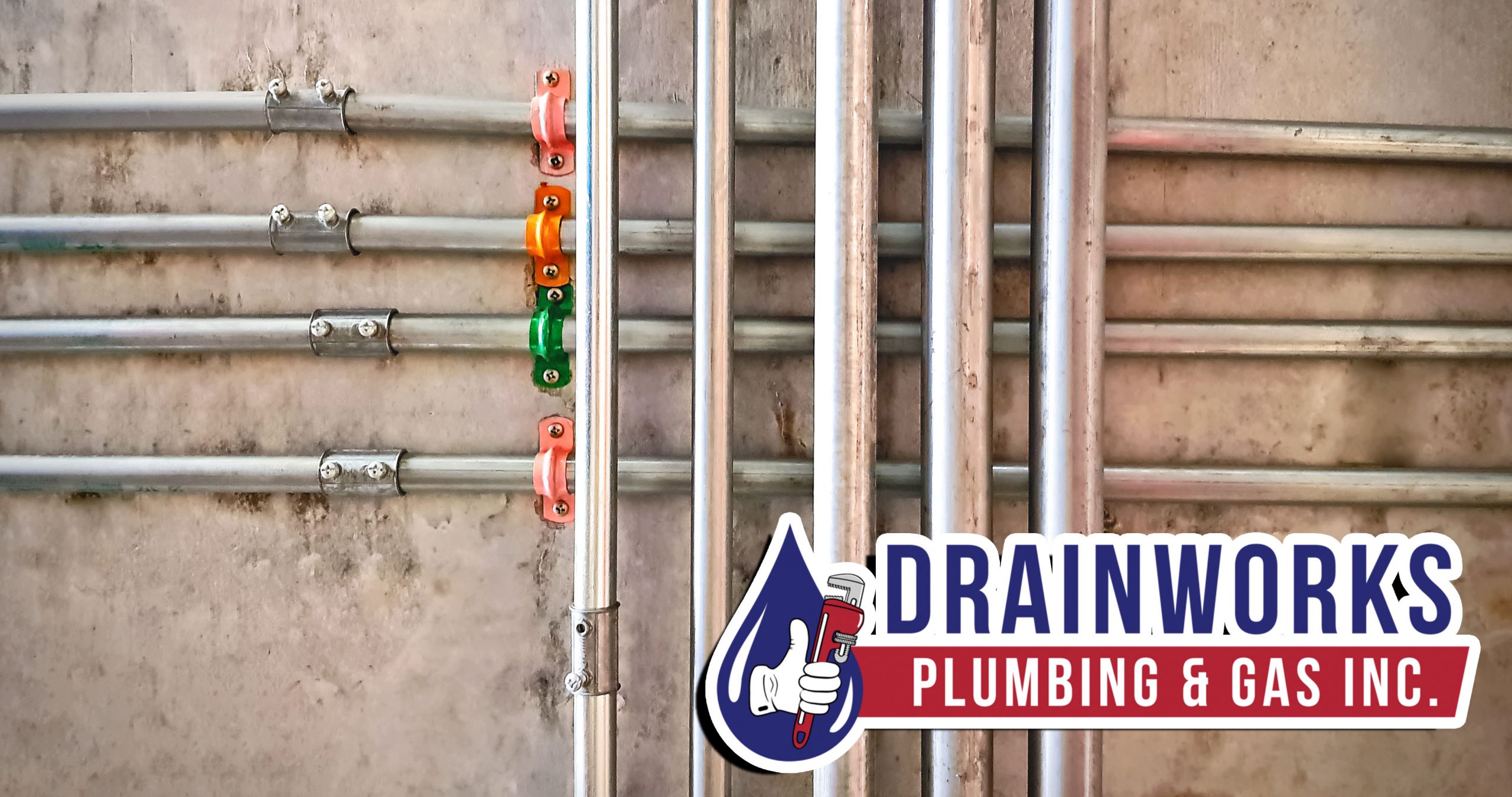Homeowners frequently experience low water pressure, which can be brought on by a number of things. It can be challenging to operate the dishwasher, take a shower, or even wash your hands when there is low water pressure. We’ll examine the typical reasons for low water pressure in this post, along with solutions.
1. Obstructed Pipes
One of the most frequent reasons for low water pressure is clogged pipes. Mineral deposits, sediment, and other debris can build up inside pipes over time, which can reduce water flow. Your pipes can be obstructed if you’re having poor water pressure.
You might need to hire a professional plumber to clean your blocked pipes in order to fix them. To get rid of the accumulation of material and get the water flowing again in your pipes, a plumber can use a high-pressure water jet or other specialized instruments.
2. Damaged pipes
Low water pressure might also be brought on by corroded pipes. Pipes may corrode over time as a result of aging, normal wear and tear, or exposure to strong chemicals. The internal surfaces of pipes can become rough and pitted due to corrosion, which can limit water flow.
You might require a professional plumber to replace your pipes if they have deteriorated. Corroded pipes should be replaced to restore water flow, stop leaks, and address other plumbing issues.
3. Malfunctioning Pressure Regulator
Low water pressure in your home might also be brought on by a damaged pressure regulator. The pressure regulator is in charge of controlling the water flow into your house and preserving constant water pressure. Low water pressure may be a result of a broken or malfunctioning pressure regulator.
You will require the assistance of a qualified plumber to replace a damaged pressure regulator. An experienced plumber can identify the problem and replace the pressure regulator to get your home’s water flowing again.
4. Pipe leaks
Low water pressure in your home might also be a result of leaking pipes. As water leaks from pipes, the pressure in the system may decrease. To avoid water damage and other plumbing issues, it’s critical to have any suspected leaky pipes fixed as soon as possible.
You might need to hire a qualified plumber to replace the leaky pipe or have it fixed. A plumber can identify the problem and advise on the best way to fix or replace the leaky pipe.
5. Problems with Municipal Water Supplies
Municipal water supply problems can occasionally result in low water pressure. Water main failures, repairs, or other problems with municipal water supply could result in low water pressure in your home.
You should seek assistance from your local water authority if you believe that problems with the public water supply are to blame for the low water pressure in your home. They can aid in problem diagnosis and offer advice on the best course of action to reestablish the water supply to your house.
6. Valve for the water meter
A partially closed water meter valve is another potential reason for low water pressure. Low water pressure can result from a water meter valve that is partially closed, which restricts the flow of water into your house.
You can check the water meter valve and make sure it is fully open to resolve this problem. If it isn’t, you can fully open it by turning it counterclockwise and resuming the water flow into your house.
7. Broken Glass in Faucet Aerators
Low water pressure in your home might also be brought on by debris in faucet aerators. Mineral deposits, sediment, and other debris can build up in faucet aerators over time, which can reduce the water flow.
You can remove the faucet aerator and properly clean it to resolve this problem. To remove the mineral buildup and silt, you can soak it in vinegar for a few hours. After that, you can rinse it with fresh water before reinstalling it. Your home’s water pressure will increase and the water flow will be restored as a result.
8. Problems with Water Softeners
Low water pressure in your home might also be brought on by water softeners. A buildup of salt or resin in your pipes from a malfunctioning water softener may prevent water from flowing freely.
You might need a qualified plumber to service or fix your water softener in order to resolve this problem. A plumber can identify the problem and make recommendations for the best course of action to get your home’s water flowing again.
Conclusion
In summary, there are many things that can lead to low water pressure, such as clogged pipes, corroded pipes, malfunctioning pressure regulators, leaking pipes, problems with the municipal water supply, partially closed water meter valves, debris in faucet aerators, and problems with water softeners. Contacting a qualified plumber to identify the problem and suggest the best course of action to restore water flow to your home is crucial if you’re experiencing low water pressure there.
Our team of professional plumbers at Drainworks Plumbing and Gas in Brandon, FL, can identify and fix any problems with your plumbing system so that your house has a dependable and steady flow of water. Call us right away for all of your plumbing requirements, and we’ll make sure that your house has the necessary water pressure.



